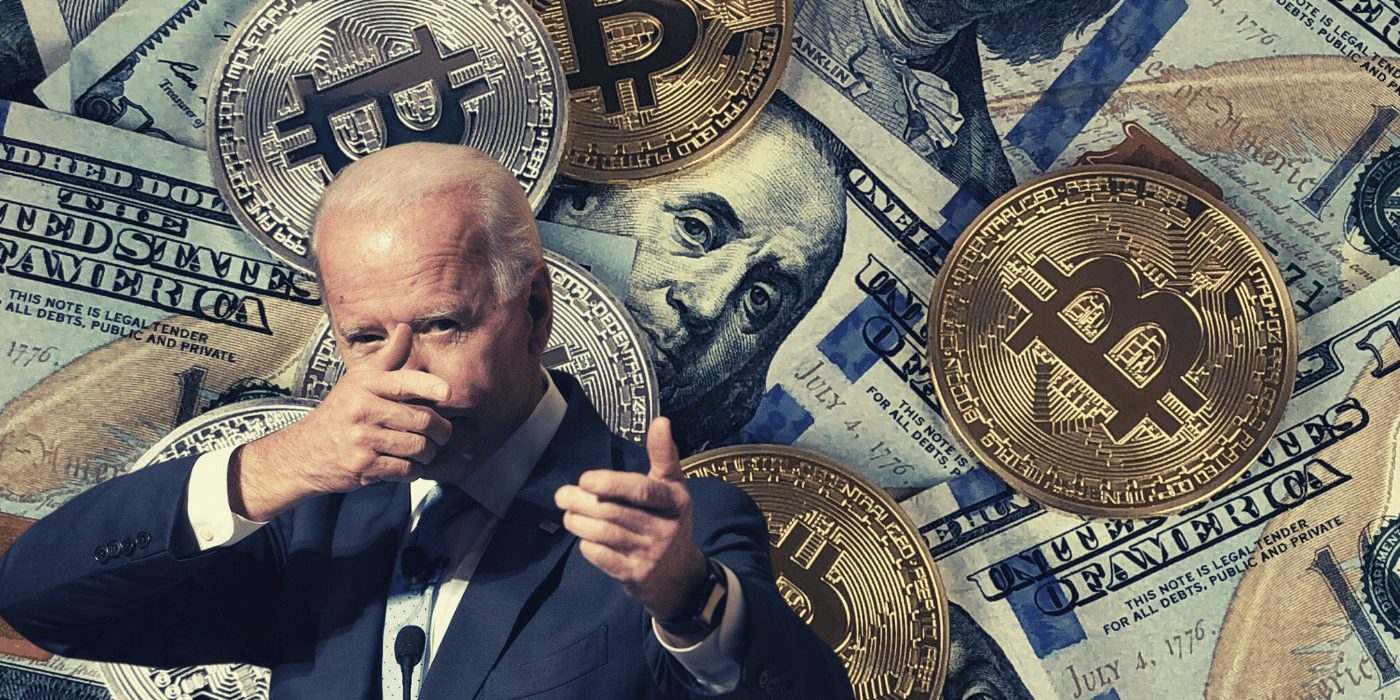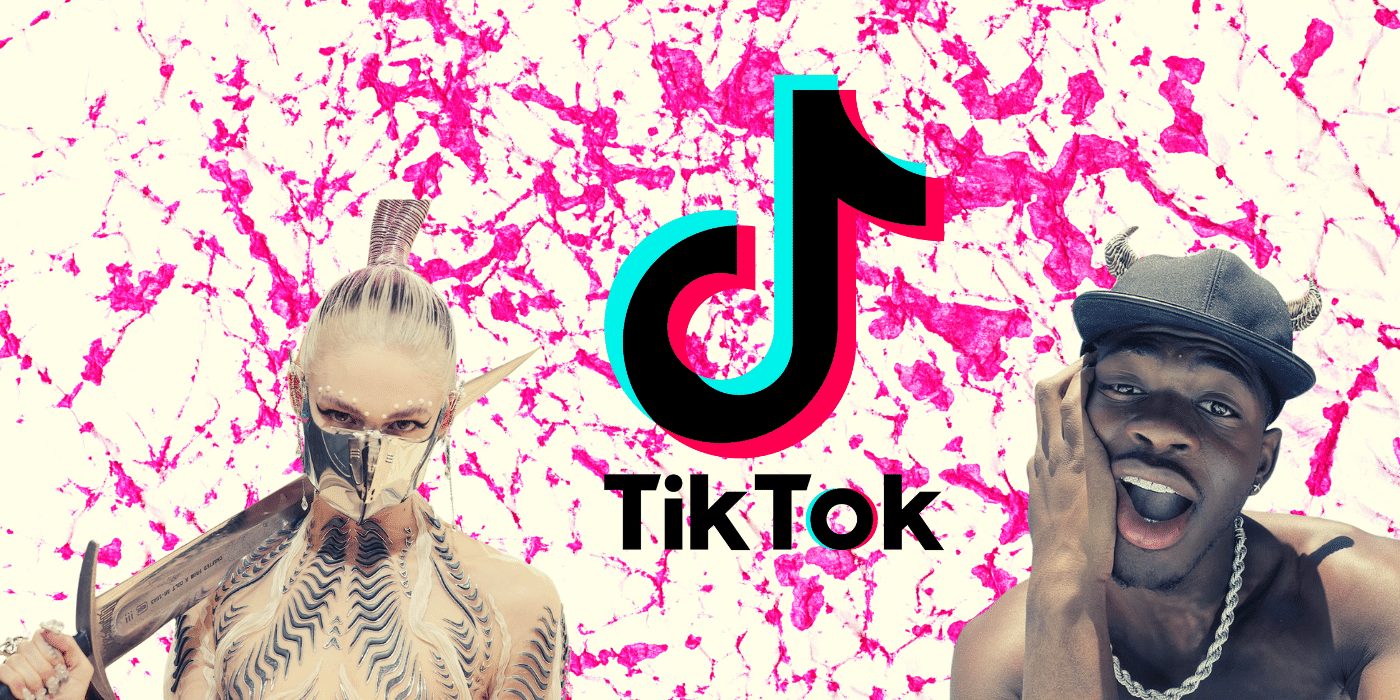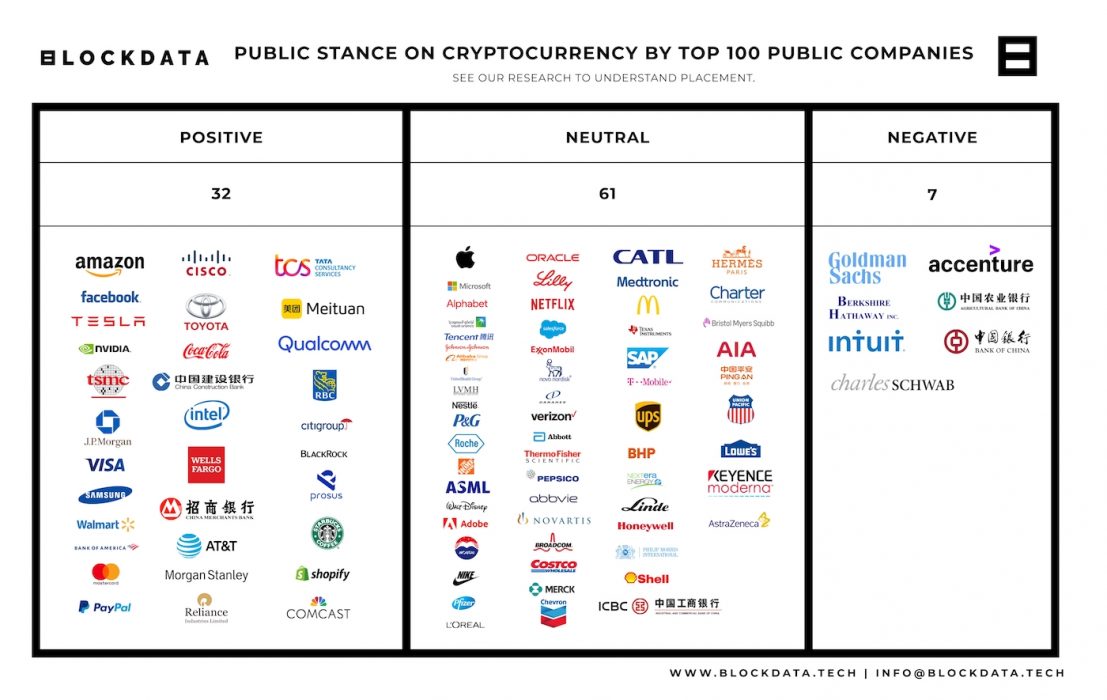Hedge fund manager Michael Burry has questioned the worth of the Shiba Inu token (SHIB) after its 230 percent leap over the past week.
Burry, founder of private investment firm Scion Asset Management and famous for forecasting the 2008 Global Financial Crisis, described the SHIB token as “pointless” in an October 9 tweet:
Shiba Inu (SHIB) is a token that aspires to be an Ethereum-based alternative to dogecoin (DOGE), the popular meme coin. Unlike bitcoin, which is designed to be scarce, SHIB is intentionally abundant – with a circulating supply of one quadrillion.
Michael Burry, founder, Scion Asset Management
Expanding on his statement, Burry said: “Just saying, one quadrillion seconds is about 32 million years. One quadrillion days is 2.7 trillion years, or all of time, from the beginning of the universe, multiplied by 71,000. In other words, pointless.”
SHIB Circulation No Longer One Quadrillion
Several pundits on Twitter were quick to point out to Burry that the circulating supply of SHIB is no longer one quadrillion. Coinbase’s market data shows it currently stands at 394.8 trillion coins.
As the Shiba Token website explains: “Starting with a supply of 1 quadrillion, our founder, Ryoshi, locked 50 percent in Uniswap, then ‘burned’ the other half to Ethereum co-founder Vitalik Buterin for safekeeping.”
The token first achieved widespread attention when in May Buterin donated US$1 billion worth of SHIB to India’s crypto Covid relief fund.

Burry is best known for being the first investor to foresee and profit from the 2007-2010 subprime mortgage crisis. He was profiled in The Big Short, a 2010 book by Michael Lewis about the meltdown, since made into a 2015 movie starring Christian Bale.
In June this year, Burry predicted the “mother of all crashes”, saying that “the problem with crypto, as in most things, is the leverage”.
What Is the Point of SHIB?
Last weekend, Crypto News Australia reported the Shiba Inu token had leapt 385 percent in the previous seven days, doubling its value in just one 24-hour period. The massive spike was partially blamed on a tweet from Elon Musk about his new Shiba Inu pup, Floki.
Soon after Musk posted an image of Foki on Twitter, even the #SHIB hashtag started trending. Meanwhile, data from Etherscan showed the number of worldwide Shiba holders had exceeded 700,000.
















